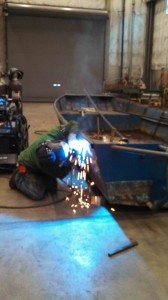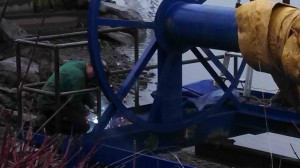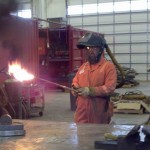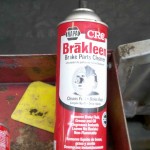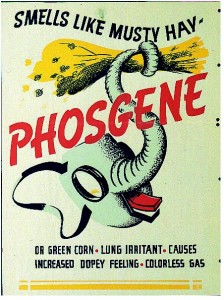Wed 29 May 2013
The enemy of Occupational Hygiene
Posted by admin under Chlorinated Solvent, Ethics, Exposure, Lead, Risk
Comments Off on The enemy of Occupational Hygiene
There are some things in occupational hygiene which make our job harder: politics, money, personalities, fiction (not facts), rules/laws and schedules.
However, there is one person who we can blame. Maybe not entirely, but he epitomizes the opposite of protecting people’s health. Thomas Midgley, Jr. Who? Yea, he’s new to me too. 
This guy has killed millions of people. Maybe not directly, but through his politics and lack of ethics. Here is a great article from Seth Godin on this guy. Essentially he allowed lead to be added to gasoline, AND, helped to provide CFC (chlorofluorocarbons) to products. However, he probably got what he deserved: He died from his inventions. It is easy to look at hindsight and blame him, but at the time, I wonder what he was thinking? My guess is money.
The enemy of Occupational Hygiene is probably not Thomas Midgley. It’s our ethics. If we fail to make the right choice every time, where does that lead us?
If you’re reading this, you probably don’t suffer from an ethical-failure to protect people. (Most people in safety don’t.) Rather, you should pat yourself on the back and keep doing the right thing. Good job.
